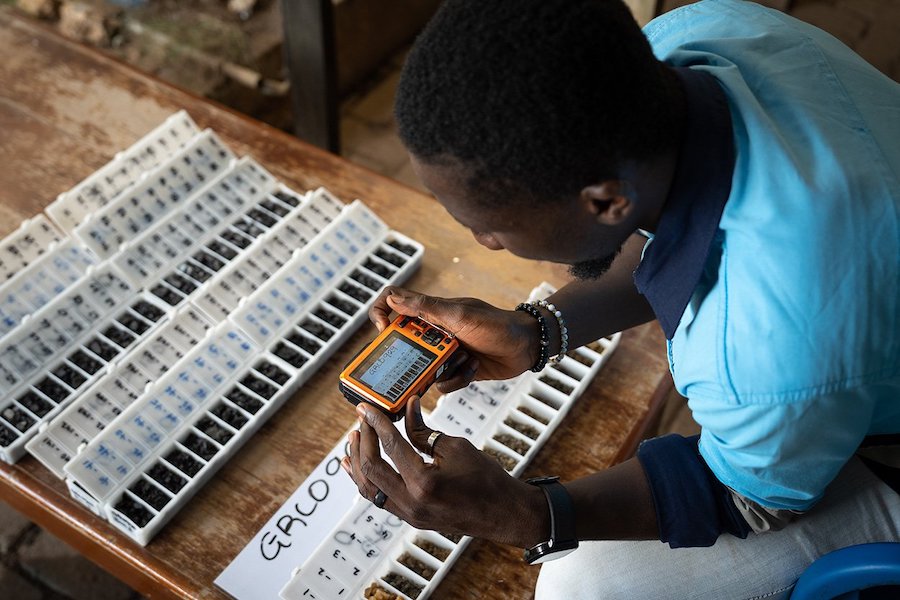Ghana anxious lithium price slump will derail maiden project

Ghana is concerned that a slump in global lithium prices could halt its first mining project in the south central town of Ewoyaa, the head of the country’s mining sector regulator told Reuters.
In October 2023, Ghana, a West African gold and cocoa producer, granted a 15-year lease to Australia-based miner Atlantic Lithium to establish the nation’s first lithium mine by the fourth quarter of 2024.
The company received environmental approval for the project on Thursday, but says a delay in parliamentary ratification of the lease was hampering its ability to meet the construction timeline and secure higher prices.
Martin Ayisi, head of Ghana’s Minerals Commission, said the Ewoyaa project that envisaged annual lithium production of around 360,000 tons risked being halted.
“It will cost Atlantic lithium around $650 to produce a ton of lithium concentrate and with the price just above $700, it’s worrying for us,” he said, adding that if the downturn continues, the project may get delayed further like other lithium projects globally.
The price of lithium, used in batteries for electric vehicles, has collapsed over the last two years as new supply coincided with weaker-than-expected demand for electric vehicles.
As more alternatives to lithium in the EV and battery sectors emerge, Ayisi said time was of essence for the project to pay off.
“It’s not just a race against the price; it’s a race to mine at a time lithium is commercially needed.”
Ahmed-Salim Adam, Atlantic Lithium’s general manager, told Reuters that the mine’s construction, initially planned to start in July has been delayed to first quarter of 2025 because of lack of parliamentary ratification.
The ratification was delayed as lawmakers sought broader consultation, aiming to avoid repeating mistakes made during approvals of new gold mining projects.
Adam said the company would also need an operation permit from the sector regulator before it can start construction, which could take about 22 months to complete.
“It’s critical that we get ratification quickly else our investors’ patience is waning, especially when there are more endowed jurisdictions in the so-called lithium triangle and Mali next door,” said Adam.
(By Maxwell Akalaare Adombila and Christian Akorlie; Editing by Bate Felix and Tomasz Janowski)
More News
{{ commodity.name }}
{{ post.title }}
{{ post.date }}




Comments
Timothy Anjide
What are the prospects in Nigeria,especially Nasarawa State sites.